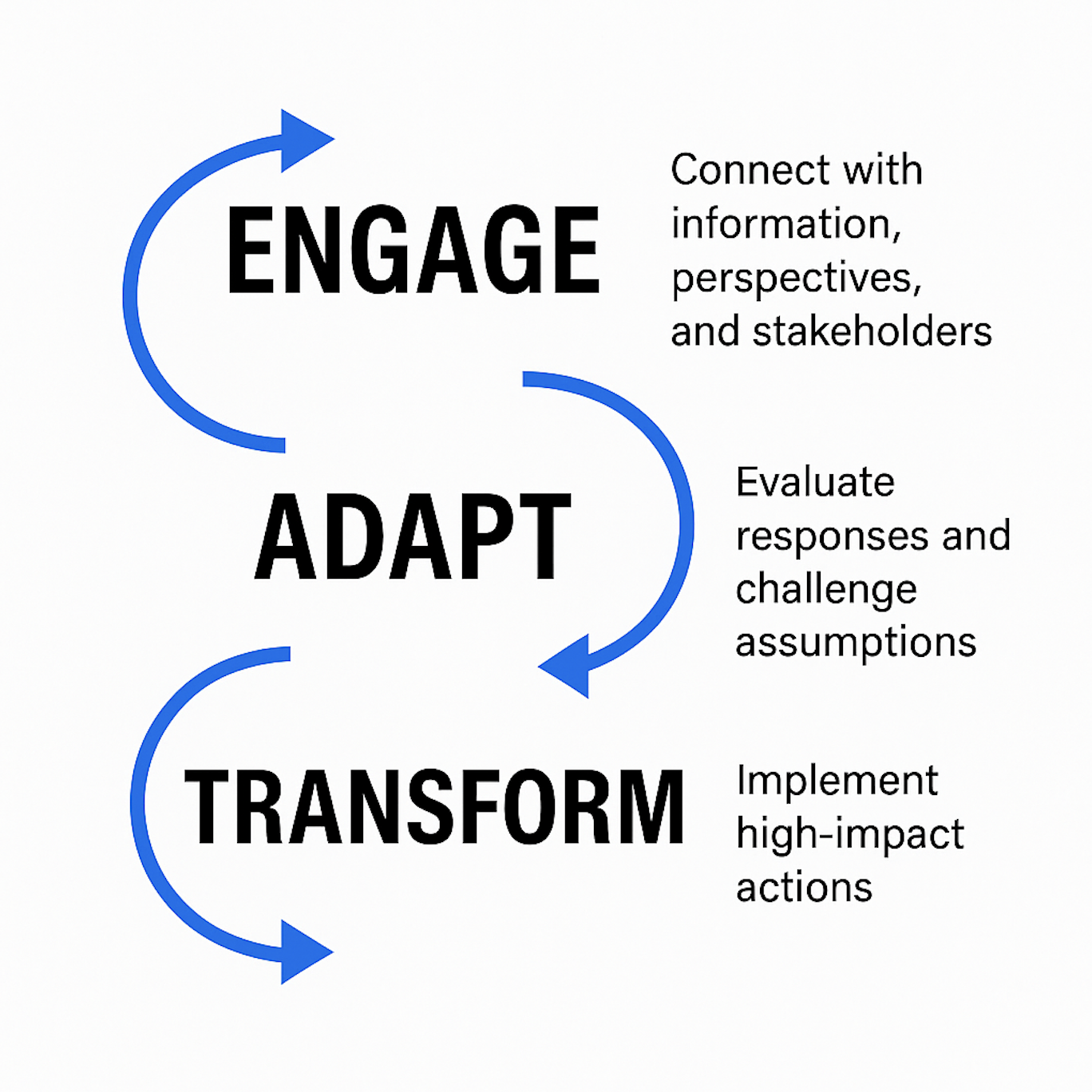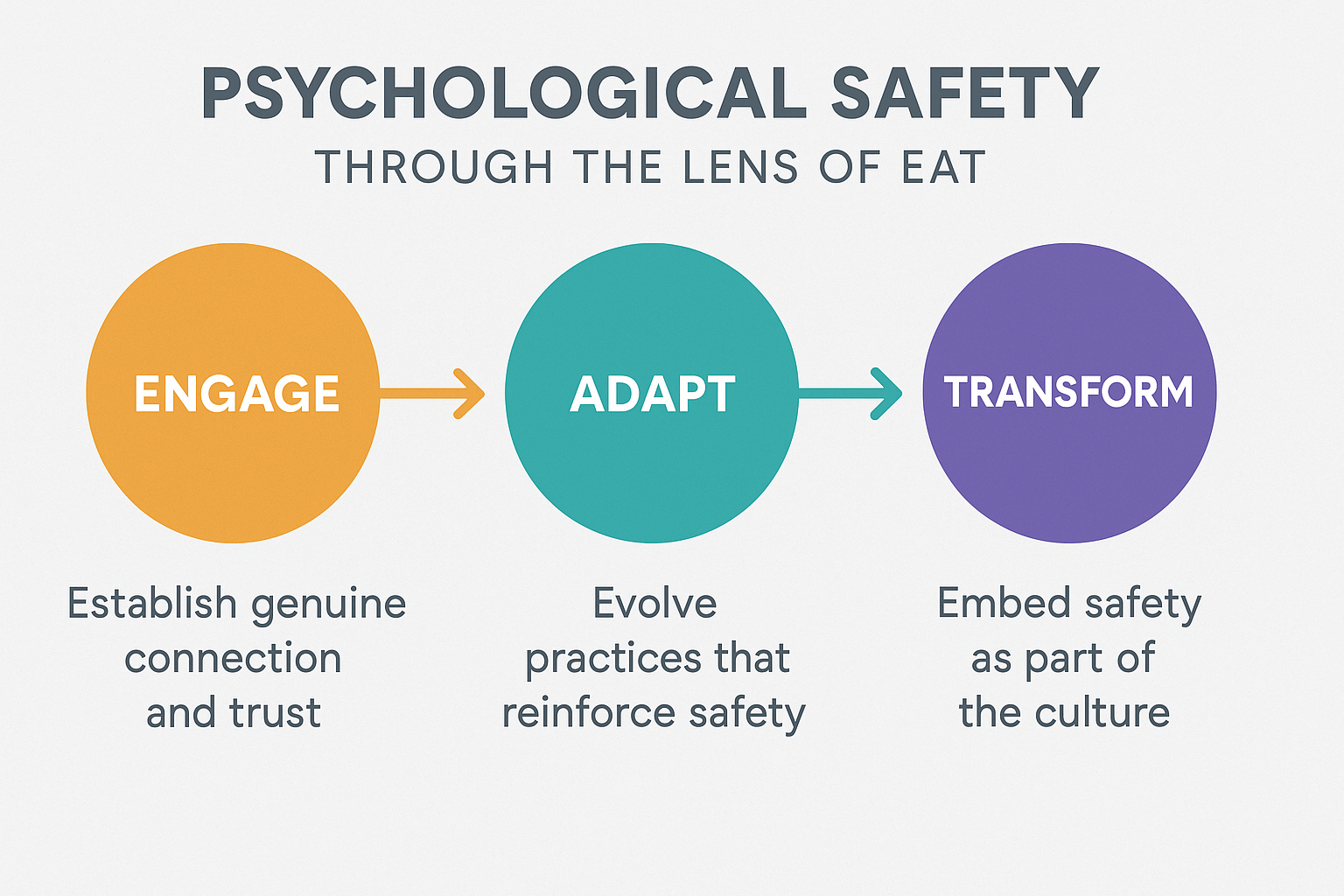Cultural historian Bob Batchelor launches Brand Strategy and Advertising, a podcast tracing 125 years of advertising history to the brand strategies shaping culture today. Batchelor teaches at Coastal Carolina University and has written 16 books, in addition to being a longtime Marketing and Communications executive.
Read moreREPLAY ON-DEMAND -- "WRITE YOUR BOOK" WITH DONALD THOMPSON & BOB BATCHELOR
Get Your Book Project Started (or Finished) with Help From Experts!
Watch the on-demand replay of “Write Your Book,” which outlines the steps from brainstorming through publication.
For more information, check out the conversation I had with EY Entrepreneur of the Year honoree Donald Thompson. Then, see the recent livestream we recorded at https://youtu.be/tGiNRqWGh4Q?si=1wOaFvbLm4dV2KBe
We share expert insights for leaders, entrepreneurs, and executives ready to turn their ideas into a published book. Whether you’re starting with a spark of inspiration or a rough outline, you’ll gain practical advice, motivation, and the tools you need to take the first step toward authorship.
DOUBT, FEAR, AND CONFUSION FOR MOST PEOPLE WHO WANT TO WRITE A BOOK
Roadblocks and Challenges Keep Many People from Writing Books. Overcome these Doubts and Get Your Project Off the Ground
Despite the clear benefits, many executives and senior leaders hesitate to write a book. The resistance is rarely about skill. The real challenge is often focused on fear, time, and clarity.
Photo by Tom Hermans on Unsplash
These mental roadblocks often present themselves in familiar refrains:
“I’m not a writer.”
“I don’t have time.”
“What if no one reads it?”
“It’s too late to start.”
These objections are understandable, but often shortsighted. The truth is, you don’t need to be a professional writer. You need to be a professional with insight: someone who has seen, solved, and led through challenges worth learning from.
The BIG Secret…
You don’t have to be a writer to get your ideas into the body of knowledge. As a matter of fact, some publishing insiders estimate that upwards of 60 percent of bestsellers are actually ghostwritten. Therefore, the research and writing can be supported by expert collaborators. In other words, let a professional writer put their expertise to work for your ideas or storytelling.
What matters is your willingness to own your narrative. Savvy leaders never win by themselves, so don’t think that writing your book means holing up by yourself for a year, hovering over the keyboard, and slowly driving yourself bonkers.
Teams make winning possible, so crafting your book with the best available resources should be your goal.
The greatest risk is not writing. Executives who stay silent lose control of their story. They allow competitors, markets, or algorithms to define their leadership brand. Worse, they miss the opportunity to document their unique thinking in a way that benefits their organization and inspires their team.
“Leaders often underestimate how much their story can inspire others. That’s not ego—it’s impact.”
—Kurt Merriweather, Vice President of Global Marketing, Workplace Options, and co-author, The Inclusive Leadership Handbook
Many people view writing a book as a personal win. That’s fine, since everyone will have different reasons for crafting their book. Here’s another way to look at it, though. Think of your book as a strategic tool for clarity, alignment, and growth.
Your book forces you to ask:
What do I really believe?
What do I want to be known for?
How do I want to be remembered?
Answering those questions? That’s where great leadership begins.
For more information about writing your book, ghostwriting, or executive-level thought leadership, visit the team at ExecBrand Authority or email me directly: bob@bobbatchelor.com.
TONE AND LEADERSHIP
Tone and Leadership — A leader's communication style sets what's important by aligning objectives, creates organizational culture, and determines whether people surface difficult truths in time to act.
As I argue in The Authentic Leader, authenticity is not mood or mystique -- it's observable behavior: human language, owned responsibility, and promises kept. When combined, ethics and tone go a long way in deciding how your company allocates power and earns (or erodes) consent.
Your people are listening and cataloging how you speak and communicate in Town Halls, one-on-one meetings, to others, and in media outlets. Thus, tone...like power...is a topic that leader's should constantly be thinking about across settings.
AUTHORITY ISN'T CLAIMED...IT IS AUTHORED
In a visibility-first economy, authorship is the fastest path to durable authority. Slides expire and posts evaporate, but a book endures—codifying your point of view, sharpening your leadership brand, and traveling into rooms you haven’t entered yet. Writing forces strategic clarity: What problem do you solve, for whom, and why now? That discipline becomes the spine of your thought-leadership platform and aligns message, market, and milestones.
A book also operationalizes influence. Chapters become reusable assets for keynotes, bylined articles, media appearances, investor narratives, and recruiting content—the content vault you draw from for years. Pair authorship with an intentional platform (owned media, selective PR, webinars, executive social) and you improve discoverability across search engines, AI summaries, and human gatekeepers. Measure it like any growth initiative: influenced pipeline quality, speaking demand, media velocity, share of voice on priority themes, inbound board seat interest, and hiring lift.
Common objections—time, writing skill, fear of the blank page—are solvable with a professional editorial team. The real risk is silence: letting competitors and algorithms define your story. Build the book once; scale your authority indefinitely. For executives intent on commanding a category and shaping what’s next, authorship isn’t a vanity play—it’s the operating system of your influence.
Read moreAI IS NOT KILLING CREATIVITY...OUR LACK OF MASTERY IS
I have spent thousands of hours writing books and decades leading communications teams, while testing ideas in the “real world.” That long life of learning and leading has taught me something many miss in today’s AI debates: a tool only becomes powerful when real expertise is already in place.
I use AI every day. Not as a shortcut, but as a partner. It helps me scan information quickly, test narrative angles, and surface new possibilities. Those outputs matter only because I already know how to judge, refine, and shape ideas into something meaningful.
Without that background, AI is just noise.
This is why the hand-wringing over “AI plagiarism” in universities is so revealing. Students who lean on AI to produce work they can’t create themselves (by themselves or with the guidance of caring, professional faculty members) undercut their own education. They get the appearance of knowledge, not the substance. Professors are right to worry: when novices outsource the struggle, they graduate with hollow skills.
So when I hear, “AI makes people lazy” or “AI kills creativity,” I push back. Bad writing and shallow research existed long before machine learning. The problem is not the technology, but rather how unprepared people are to use it well (or properly).
The real question is: what happens when AI is in the hands of people who already bring discipline, judgment, and creativity? This is where the true frontier lies. It should unsettle us, because the threat is not AI. We suffer from our failure to cultivate and reward mastery in the first place.
WHY WE KEEP PRODUCING BAD BOSSES -- AND HOW TO STOP TRAINING THEM THAT WAY
The leadership industry’s paradox
We spend staggering sums on leadership programs, books, and degrees—yet far too many people still dread their manager, distrust their executives, and disengage from their work. I have watched this pattern across sectors for years as a Marketing and Communications executive and a ghostwriter working with senior leaders.
The core problem isn’t a shortage of content. We face a capacity problem—leaders who can translate values into everyday communication behaviors that people actually experience as trustworthy, humane, and useful. That’s the heartbeat of my book, The Authentic Leader, which argues that authenticity isn’t a slogan, rather authentic leadership is a practice people can feel in the room, on video, and in the words one writes. Authenticity serves as a North Star, guiding a culture that brings out the best in teams and colleagues.
What young leaders actually need
When I work with emerging leaders, I see similar gaps in their development: an instinct to “sound leaderly” rather than being leaders and a habit of polishing messages, while avoiding difficult truths. Early-career leaders don’t need more pep talks. They need a short list of observable behaviors. Here’s mine: start with the human stakes, explain your logic plainly, set an update cadence, and close the loop publicly. In The Authentic Leader, I lay out three initial steps: embrace your story, practice radical transparency, and lead with empathy—each framed as action, not attitude.
Start with authenticity (and make it observable)
Authenticity begins with self-knowledge, but it shows up as what people can see you do:
How you open a message
How you acknowledge impact
How you respond to a tough question
As I explain, “Authenticity is more than being true to yourself… an authentic leader is also attuned to the needs and emotions of others.” In other words, focus on actively listening, reflecting back what you’ve heard, and making support visible. These behaviors help create psychological safety and deeper engagement, rather than performative “openness.”
Transparency is the second pillar. Young leaders often ask, “How transparent is too transparent?” My answer: default to clarity about what you know, what you don’t, and when you’ll update. Authentic leaders don’t hide behind a veil of secrecy…transparency builds trust. Direct communication—even about sensitive issues—isn’t cruelty; it’s respect. I profile leaders who “address the elephants in the room,” modeling candor as a cultural norm.
“Authentic leaders don’t hide behind a veil of secrecy… transparency builds trust.”
Empathy is the third pillar. Leaders who name the burden on others, provide resources, and stay present reduce stress and raise engagement. In my resilience writing, we show how authentic communication and empathy foster trust and psychological safety, particularly during uncertainty—conditions under which teams don’t merely endure; they improve.
Train for communication behaviors, not performances
If we want fewer bad bosses, we have to stop training leaders to perform persona and start training them to practice presence. That shift is concrete:
Open with a value sentence (“We’re prioritizing quality over speed to protect customer safety”)
Acknowledge human impact before directives
Explain why in plain language: state what’s known/unknown and the next update time
Invite dissent on purpose; thank the first tough question
Close loops in public: what changed (or didn’t) because of feedback
These are teachable moves that convert empathy and integrity into felt experience. The result is creation of a culture people can trust.
Two simple mental models (not another 300-slide deck)
When I train young leaders, I give them two scaffolds they can remember under pressure:
The EAT Model (Engage → Adapt → Transform) is a process lens: first win attention and belief (Engage), then iterate message/channel/rituals from real feedback, both for yourself as a leader and audiences/people you engage with (Adapt), and finally prove change with policies, cadences, and evidence (Transform). I developed EAT initially to explain how culture works—not as a “thing,” but as a process people experience and reshape. That verb-like quality helps leaders design communication people actually ingest and use.
The 6-M Communication Model (Mindset, Message, Medium, Mechanisms, Membership, Measurement) is a design checklist. Mindset puts values and ethics first; Message clarifies framing and story; Medium matches channel to intent; Mechanisms turn words into repeatable routines; Membership ensures real voice and dissent; Measurement shows salience, sentiment, behavior, and trust. Use it every time there’s a stake. It prevents “clever-but-unethical” campaigns, message theater without follow-through, and “change” with no proof.
Together, these models keep young leaders from improvising charisma and instead coach them to sequence change and design communication so people experience respect, clarity, and steadiness.
Why so many programs fail (and how to build ones that don’t)
We create toxic managers when we reward optics over outcomes and charisma over care. Many curricula skip the part where leaders have to show up consistently and make support tangible. In our leadership development at Workplace Options, we emphasized that safety and engagement require cadence, boundaries, and human connection—not slogans. Leaders who model clarity, encourage balance, and keep conversation channels open cultivate resilience rather than burnout.
We create toxic managers when we reward optics over outcomes and charisma over care.
For young leaders, the path forward is clear: treat authenticity as a daily discipline. Write the value sentence first. Be honest about uncertainty. Make empathy visible. Discuss and publicize what changed because people spoke up. Do these things, repeatedly, and the culture will begin to mirror the leader.
A better beginning
The future doesn’t need more boss-shaped performances. We need leaders who communicate with courage, clarity, and care. If you’re training the next generation—or becoming it—start with the practices I outline here and in The Authentic Leader. We want to help leaders develop skills that are short on theatrics and long on results: Lead with empathy…actively listen…create a safe space for authenticity to flourish.
The future doesn’t need more boss-shaped performances; it needs leaders who communicate with courage, clarity, and care.
If this resonates, consider picking up a copy of The Authentic Leader. And, if you want to put these ideas into action, pick one communication this week and run it through these behaviors, particularly the EAT Model and the 6-M checklist. Remember: the only leadership that works is the kind people can feel.
2030: YOUR BUSINESS IS DYING...
...Because You Didn’t Hire Enough Humanities Graduates...
Critical and contextual thinking are the new superpowers!
Walk the halls of any failing organization in 2030 and you will see the same patterns: brilliant engineers with no sense of context; marketing departments drowning in dashboards, but blind to meaning; and leaders who can’t connect decisions to human experience.
The tragedy isn’t lack of intelligence...but lack of perspective.
For years, executives doubled down on “hard skills.” They thought: “Hire more coders. Scale the analysts. Push productivity through process.” And yet, here we are: disengaged employees, customers who don’t feel understood or valued, and cultures that suffocate innovation.
What organizations (and their leaders) missed is that human beings drive business, not algorithms or workflows. And human beings are messy, contradictory, and infinitely complex. To make sense of that complexity requires something more than efficiency metrics. It requires context, empathy, narrative, and the ability to hold multiple truths at once.
“Complex problems need people who are energized by tackling big, complex challenges.”
This is precisely what the Humanities teach. Graduates who have wrestled with history, philosophy, literature, creative writing, or art bring more than cultural awareness. They bring tools for thinking systemically, questioning assumptions, and connecting disparate dots. They can spot patterns across centuries, frame ethical dilemmas in ways that unlock better strategy, and articulate meaning when others only see noise.
The Authentic Leader argues that leadership is ultimately about one question: Are we helping people? Leaders who can’t answer that—who can’t even see it—build organizations that crumble when faced with complexity. Humanities graduates, by training, are equipped to keep asking that question, even when the numbers look good on the quarterly report.
This is not an argument against technology, finance, or engineering talent. Rather, it is a call for balance. If you want to future-proof your business, you need people who can code and people who can contextualize. People who can design systems and people who can challenge their consequences. Professionals who can solve problems and people who can imagine futures worth solving for.
Ignore this at your peril.
The companies that thrive in 2030 won’t be those with the most data. Instead, think of a future in which leaders and teams know what the data means for human lives. Complex problems need people who are energized by tackling big, complex challenges.
The EAT Model created by Bob Batchelor
Bob Batchelor is an Assistant Professor in the Department of Communication, Media, & Culture at Coastal Carolina University. He is a critically-acclaimed, bestselling cultural historian and biographer. He has published widely on American cultural history and literature, including Stan Lee: A Life and books on The Doors, Bob Dylan, The Great Gatsby, Mad Men, and John Updike. Batchelor earned his doctorate in English Literature from the University of South Florida.
PSYCHOLOGICAL SAFETY THROUGH THE EAT MODEL: A LEADER'S ROADMAP
In my recent conversation with Donald Thompson for WRAL TechWire, we explored the profound role of psychological safety in today’s workplace. For me, the discussion reinforced just how vital this idea is—not just as a feel-good concept, but as a business imperative. In the EAT Model—Engage, Adapt, Transform—psychological safety is not an afterthought. It is a core driver of how leaders create resilient, innovative, and high-performing cultures.
Donald noted that, in a time when trust in institutions has eroded, employees often trust their employers more than they trust media or government. That’s a remarkable shift—and a responsibility. Leaders have become stewards of trust, which means our ability to create a safe environment for ideas, questions, and even dissent is directly tied to business performance.
That’s Engage—the first pillar of the EAT Model. Engagement here is more than “communication” in the corporate sense. Rather, it is focused on creating authentic, human connections that give employees permission to share their perspective without fear of retribution. Without that foundation, psychological safety can’t take root.
But psychological safety isn’t static. This is where Adapt comes into play. Too often, adaptation is seen as something purely external—adjusting to market shifts, competitive pressures, or new technologies. In the EAT Model, adaptation is both external and internal. Leaders must continuously recalibrate their own behaviors, language, and even emotional intelligence to reinforce safety.
But how do leaders operationalize this idea?
Responding constructively to mistakes
Actively seeking feedback on how safe people feel
Making visible changes in response
Don’t forget, though, the organization’s role in creating psychological safety. Organizations must evolve policies and practices to reflect new realities, thereby shifting from one-way communication to genuine dialogue, for example, or embedding inclusive decision-making into daily routines.
When leaders commit to engagement and adaptation over time, transformation occurs. This is the third pillar of the EAT Model: cultural change that becomes part of an organization’s DNA. In practice, transformation looks like higher retention, more innovation, and stronger collaboration. But at a deeper level, it’s about creating an enduring culture of trust and learning. Then, psychological safety becomes a cultural safety net when the organization needs resilience, like weathering economic downturns, facing competitive disruption, or even experiences societal crises. As Donald pointed out, psychological safety is not only the right thing to do, it’s a competitive advantage.
From my perspective, applying the EAT Model to psychological safety gives leaders a clear roadmap:
Engage with empathy and authenticity
Adapt with both structural and personal change
Transform by embedding safety into the culture
The result is a workplace where people feel safe to speak up and are motivated to contribute their best thinking. This is an important outcome. In an era where the quality of ideas can determine the survival of an organization, that’s more than a nice-to-have. It’s a necessity.
The Leadership Value Proposition
The beauty of applying the EAT Model to psychological safety is its scalability. It works in small teams, global corporations, and even cross-cultural contexts where trust and open dialogue are harder to build. For leaders in marketing, communications, and digital industries—where creativity, speed, and collaboration are paramount—the EAT Model offers a lens for diagnosing cultural barriers and a roadmap for removing them. The return on investment is tangible: stronger employee retention, better decision-making, and a workforce that innovates faster than the competition.
Leaders who want to operationalize psychological safety—and reap its competitive benefits—should explore how the EAT Model can be integrated into their leadership practice. By focusing on engagement, adaptation, and transformation, you don’t just create safer workplaces—you create stronger, more resilient organizations.
THE EAT MODEL -- THE BUSINESS CONTEXT FOR UNDERSTANDING STORYTELLING AND NARRATIVE
The EAT Model—Engage, Adapt, Transform—offers marketing and communications leaders a clear, actionable framework for sharpening critical thinking and solving complex challenges. By starting with Engage, leaders ensure their strategies capture attention and forge authentic connections with the right audiences. Moving into Adapt, the model challenges teams to be agile both externally (responding to market shifts, competitive pressures, and customer feedback) and internally (reassessing assumptions, rethinking messaging, and evolving organizational capabilities). The final stage, Transform, focuses on achieving meaningful, lasting impact—whether that’s shifting consumer perceptions, creating cultural relevance, or redefining an entire market category.
Read more





